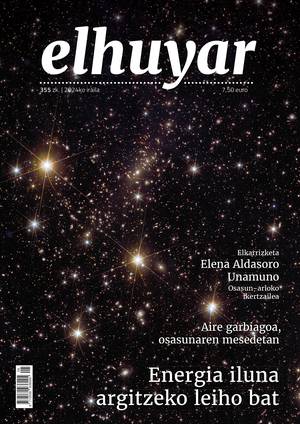The last breath of chernobiles
The Chernobyl nuclear power plant will cease to function definitively before the end of the year. Leonid Kuchma, president of Ukraine, ratified a few months ago the decision adopted in 1997 with the European Union: on 15 December the third Chernobyl reactor, the only one in operation, will be switched off forever. According to the Ukrainian government, the $3.1 billion promised five years ago will be necessary for the closure of the plant and to help the 5,700 workers working there. However, although part of the grant will go to the victims of the accident in Chernobyl, most will go to the construction of two new nuclear reactors, something that many European countries have not liked. With Germany at the head, they say they don't want to fund Ukraine's nuclear industry. The construction of gas or coal plants is proposed due to the insecurity of Ukrainian technology. Ukrainians disagree, as Chernobyl produces 10% of Ukraine's electricity. Kuchma believes that without the new nuclear power plants they will not be able to move forward, among other things because they risk running out of electricity in winter. The Ukrainian government accuses the Europeans of closing Chernobyl and forgetting the problem. The 1986 accident in Chernobyl has changed the lives of 20 million people and it is estimated that the direct consequences of the disaster will end in some 300,000. The wreckage of the accident will not disappear before the age of 200.






